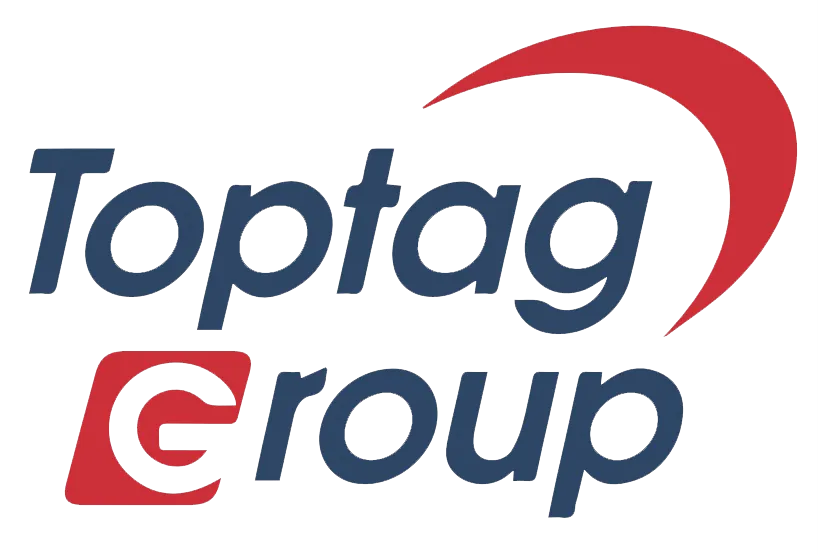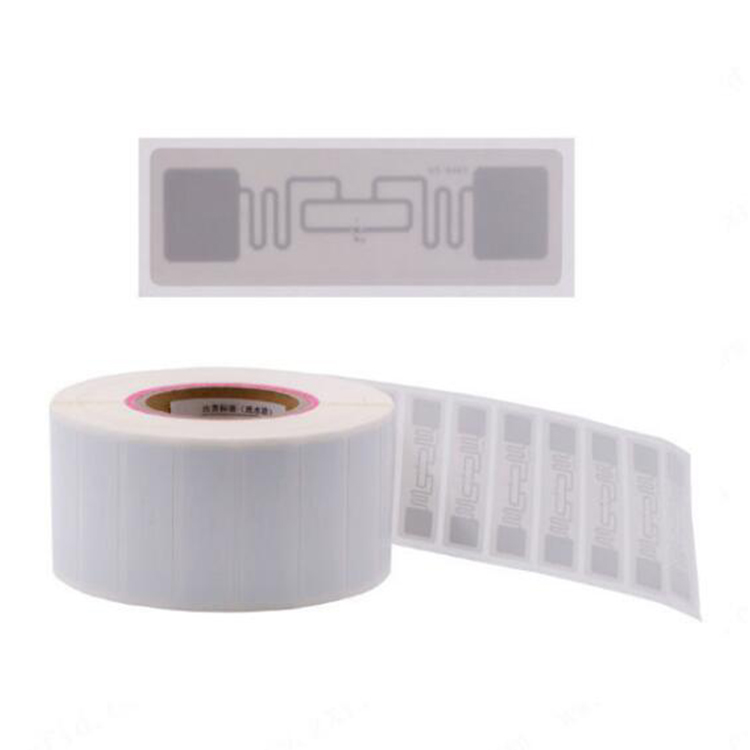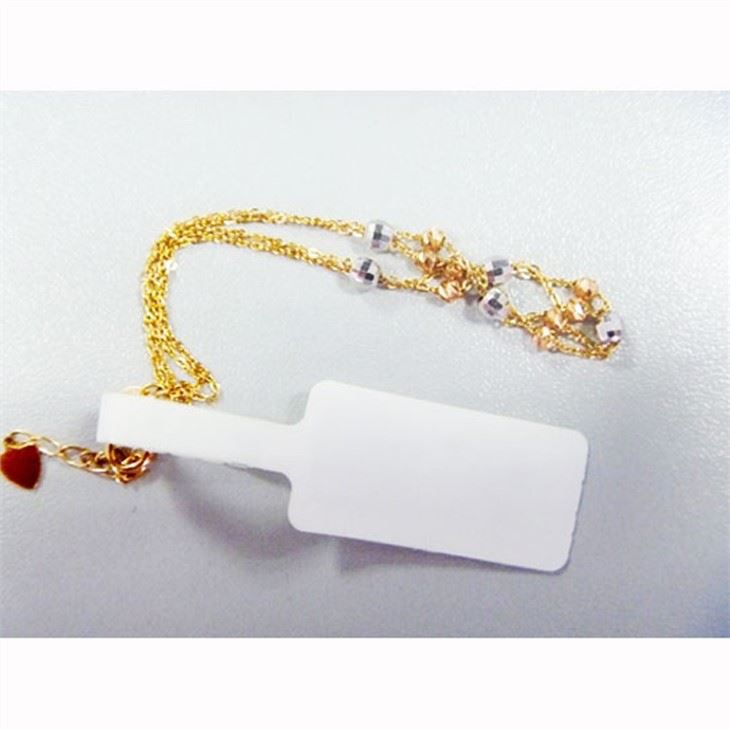With the continuous development of Internet of Things technology, RFID (Radio Frequency Identification) technology, as an important automatic identification technology, is undergoing rapid development.

Miniaturization and integration
With the continuous advancement of electronic technology, the size of RFID tags has gradually become smaller, and significant progress has been made in integration. Smaller tags are more suitable for scenarios with limited space, such as medical devices, electronic devices, etc. At the same time, the improvement of integration also makes RFID tags more flexible in the manufacturing and application process, reduces production costs, and improves the reliability of tags.
High performance and low energy consumption
Future RFID tags will focus more on improving performance to meet the needs of complex environments. High performance tags can identify more quickly and accurately, providing stronger support for IoT applications. Meanwhile, low energy consumption is also one of the development directions, especially in application scenarios that require long-term operation, such as logistics, agriculture, etc., low-power RFID tags will be more popular.
Multi band and multi protocol support
Future RFID tags will place greater emphasis on multi band and multi protocol support to meet the needs of different regions and application scenarios. The support of multiple frequency bands can make RFID systems more flexible, and the compatibility of multiple protocols can also help promote the global standardization process of RFID technology, improve interoperability, and promote industry development.
Data security and privacy protection
With the widespread application of RFID technology, there is an increasing focus on data security and privacy protection. Future RFID tags will place greater emphasis on security, adopting advanced encryption technology and security protocols to protect sensitive information stored on the tags. At the same time, formulating stricter privacy policies and regulations, and strengthening the supervision of RFID technology are important means to ensure data security and privacy protection.
Integration with the Internet
The integration of RFID technology and the Internet will provide strong support for the development of the Internet of Things. In the future, RFID tags will pay more attention to seamless connection with the Internet, achieving real-time data transmission and sharing. This will provide more possibilities for IoT applications, such as smart supply chains, smart retail, etc., and promote the comprehensive popularization and application of IoT technology.
More intelligent and efficient in the future
The future RFID tags will develop towards greater intelligence and efficiency. Intelligent tags can achieve more complex functions, such as real-time monitoring, adaptive adjustment, etc., enhancing the intelligence level of tags in IoT systems. Efficient tags can respond to identification requests more quickly and accurately, improving the operational efficiency of the entire RFID system.
As one of the core technologies of the Internet of Things, RFID technology’s development trend will mainly be reflected in miniaturization and integration, high performance and low energy consumption, multi band and multi protocol support, data security and privacy protection, integration with the Internet, and future intelligence and efficiency. These trends will not only drive continuous innovation in RFID technology, but also provide stronger support for the development of the Internet of Things. In the future, RFID tags will be widely used in more fields, bringing more convenience and benefits to people’s lives.
Related Products






